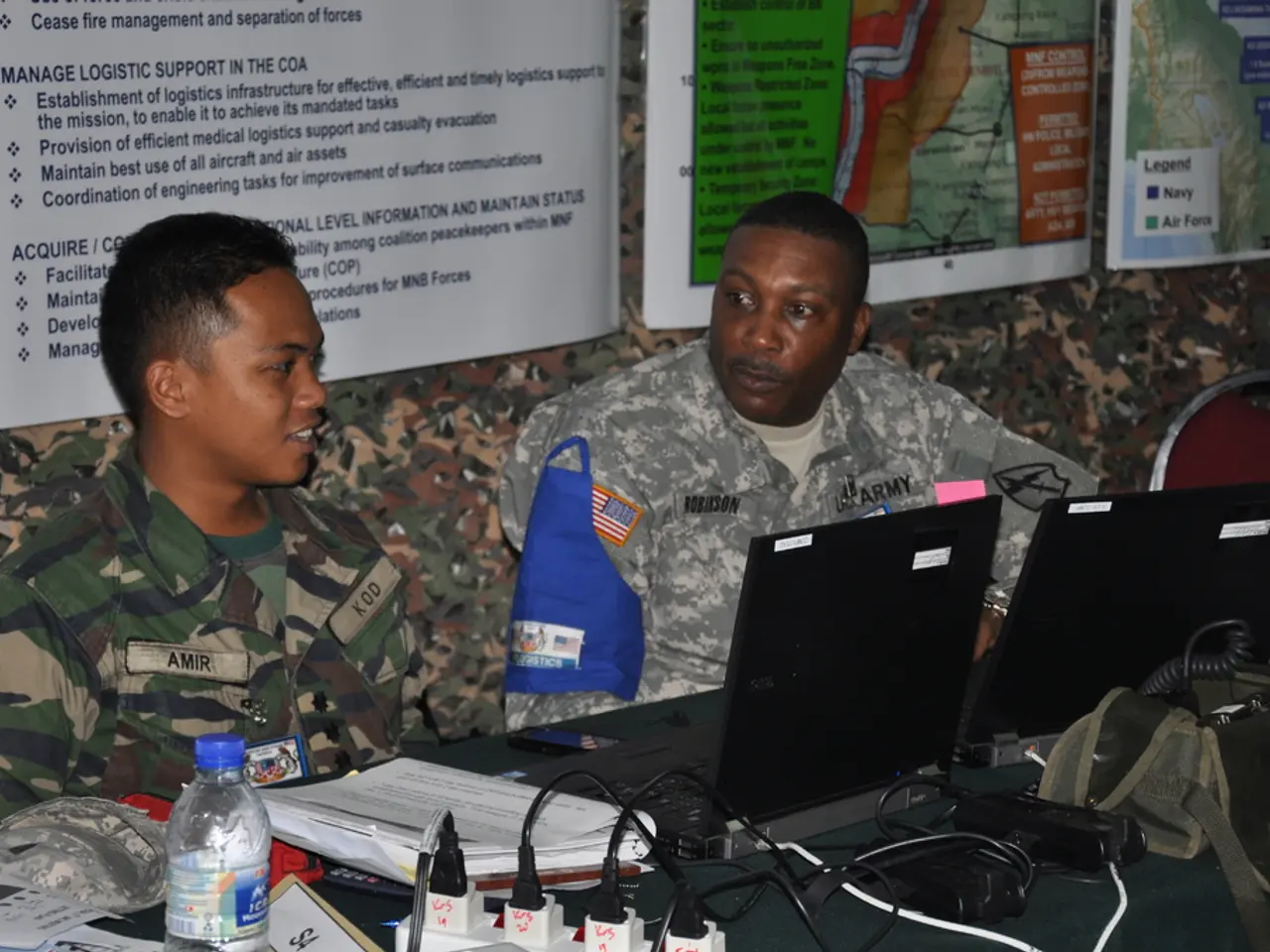State-based entities found engaging in cyber harassment and abuse, according to internet exploration and analysis firm Censys.
Censys Inc, originally an academic project aimed at scanning the internet and providing data to the research community, has evolved into a company that offers a comprehensive map of the internet. This transformation is detailed in a paper to be presented at the upcoming SIGCOMM conference.
The paper, titled "The Evolution of Censys: A Decade of Internet Scanning and Research," admits that equitably operating a research program has proven more challenging than anticipated. Most requests for data from Censys come from independent researchers and students who have no public reputation, according to the paper.
To ensure the research conducted using its data is legitimate, Censys has established evaluation criteria for researchers. These criteria include the submission of a clear research plan, the intention to publicly disseminate results, and confirmation that the work is conducted independently or as part of a non-profit or academic institution. An internal team at Censys reviews applications from researchers and applies these criteria.
However, the paper reveals that Censys struggles to process many international requests due to language barriers and political research access decisions. Furthermore, universities are being used to proxy offensive government operations, making research access decisions increasingly political.
In an alarming development, the U.S. Department of Defense agencies are allegedly attempting to misuse the services of Censys Inc by masquerading as academic researchers. Malicious actors are also using Censys' research program to identify vulnerable systems, posing a significant threat to cybersecurity.
Despite these challenges, Censys has made significant strides in its ability to scan for IPv6 systems and name-addressed HTTP(S) services. The company now sees 794 million IPv4 services, an increase from 275 million in 2015. Censys claims its data is more accurate than rivals like Shodan, Fofa, ZoomEye, and Netlas.
To address the political and linguistic barriers, Censys has established multiple access tiers to provide delayed or limited access to data. This move aims to ensure that the company's data remains accessible to the global research community while maintaining its integrity.
The paper also informs the networking and security communities about the evolution of Censys. However, Censys staff have encountered vitriolic messages, accusations, and threats from some researchers, highlighting the complexities and controversies surrounding internet research and data sharing. Despite these challenges, Censys remains committed to its mission of aiding cyber-defenders in finding threats and responding before they create a problem.
Read also:
- Peptide YY (PYY): Exploring its Role in Appetite Suppression, Intestinal Health, and Cognitive Links
- House Infernos: Deadly Hazards Surpassing the Flames
- Rare Genetic Disease Affecting a Child: Lend a Hand to Those in Need
- Aspergillosis: Recognizing Symptoms, Treatment Methods, and Knowing When Medical Attention is Required








